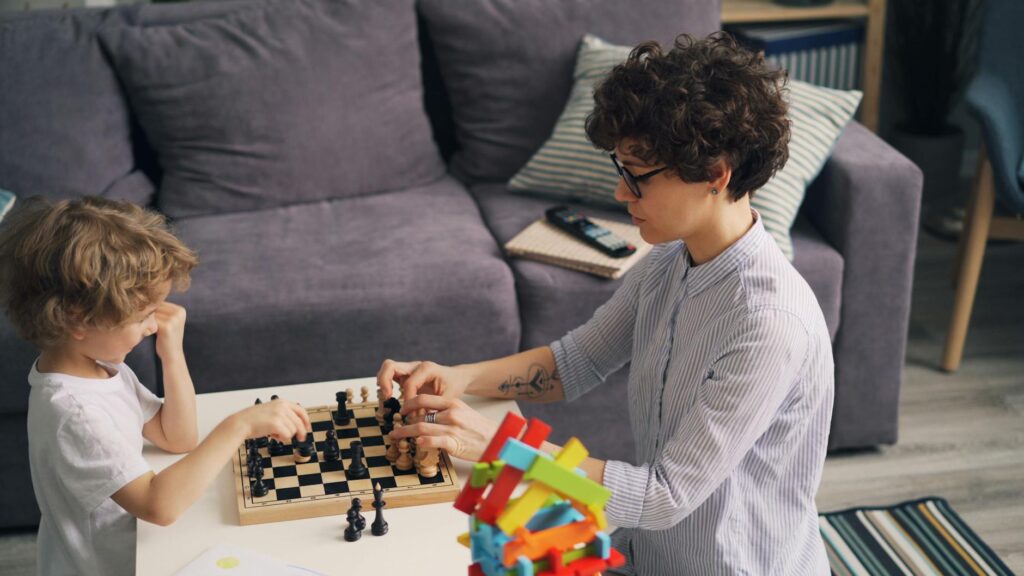What is attention skills?

What is attention skills?
Attention skills are essential cognitive abilities that allow us to focus on specific tasks, filter out distractions, and manage our mental resources effectively. In today’s fast-paced world, where information overload is common, mastering attention skills can significantly enhance productivity, improve learning, and facilitate personal development.
The significance of attention skills extends beyond just completing tasks; they play a vital role in our daily lives, influencing how we interact with others and manage our responsibilities. For instance, having strong attention skills can lead to better performance in work and study environments, where maintaining focus is crucial for success.
Understanding Attention Skills
At their core, attention skills are the mental processes that allow us to select and concentrate on particular stimuli or information while ignoring others. These skills are not solely about focusing; they encompass a range of cognitive functions, including working memory, mental flexibility, and self-regulation.
In various contexts, attention skills manifest differently. In a work environment, they enable you to prioritize tasks and manage time effectively. In educational settings, strong attention skills contribute to better comprehension and retention of information. In personal life, they help you engage meaningfully in conversations and activities.
The Science Behind Attention Skills
Attention skills are deeply rooted in cognitive processes and brain functions. They are linked to how our brains filter and process information, which is crucial for achieving our goals. For instance, focusing on a specific task involves using our working memory to hold relevant information while suppressing distractions.
Research shows that better attention skills can lead to improved outcomes across various domains of life—including academic achievement and professional success. In fact, sustained attention abilities predict important real-world outcomes, highlighting the need for developing these skills. Learn more about this from a recent study that explores the role of sustained attention.
Types of Attention Skills
Understanding the different types of attention skills can help you identify areas for improvement. Here are the main categories:
-
Sustained Attention: This refers to the ability to maintain focus on a task over an extended period. For example, reading a book for an hour requires sustained attention.
-
Selective Attention: This skill allows you to concentrate on one thing while ignoring distractions. Think of it like tuning out background noise while listening to music.
-
Alternating Attention: This involves shifting your focus from one task to another. For instance, you might switch from writing an email to answering a phone call.
-
Divided Attention: This is the ability to process multiple sources of information simultaneously. For example, cooking dinner while talking on the phone requires divided attention.
By recognizing these types of attention skills, you can tailor your strategies for improvement.
Improving Your Attention Skills
Enhancing your attention skills is a worthwhile endeavor, and there are several actionable strategies you can implement.
Mindfulness and Attention Training
Mindfulness practices can significantly boost your attention skills. Techniques like meditation and deep-breathing exercises help calm the mind, making it easier to focus. By regularly practicing mindfulness, you develop greater awareness of your thoughts and feelings, which can lead to improved concentration.
Research supports the idea that mindfulness can enhance cognitive flexibility and working memory, both of which are essential for effective attention. For practical exercises, explore resources on mindfulness for improving attention.
Tools and Techniques for Enhancing Attention Skills
Many tools and techniques can help you sharpen your attention skills. Here are some effective methods:
-
Eliminate Distractions: Create a workspace that minimizes interruptions. This could mean silencing your phone or using apps that block distracting websites.
-
Break Tasks into Smaller Steps: Dividing tasks into manageable chunks can make them less overwhelming and help maintain focus.
-
Set Timers: Use techniques like the Pomodoro Technique, which involves working for 25 minutes and then taking a 5-minute break. This method can enhance both focus and productivity.
-
Use Productivity Apps: Consider tools such as Trello or Todoist to organize tasks visually and prioritize effectively.
You can find more tips on improving focus here.
Common Challenges and Solutions
While improving attention skills is beneficial, several challenges can arise during the process.
Dealing with Distractions
In today’s digital age, distractions are everywhere—social media notifications, email alerts, and even noisy environments can hinder your ability to concentrate. To combat this, consider creating a dedicated workspace where distractions are minimized. Additionally, establish specific times for checking emails or social media, so you’re not constantly interrupted.
Overcoming Attention Fatigue
Attention fatigue is a common issue that occurs when you’ve been focusing for too long without breaks. It can lead to decreased productivity and increased frustration. To combat this, make it a habit to take regular breaks. During these breaks, step away from your workspace, stretch, or engage in a different activity. This can recharge your mental batteries and improve overall focus.
To learn more about attention fatigue and how to overcome it, check out tips from this resource.
Conclusion
Attention skills are crucial for achieving personal and professional goals. By understanding the different types of attention skills and implementing strategies to improve them, you can enhance your productivity and overall quality of life.
Take time to practice mindfulness, utilize productivity tools, and manage distractions effectively. The journey to better attention skills is ongoing, but with dedication and the right techniques, you’ll find yourself more focused and engaged in your daily activities.

Photo by Vitaly Gariev